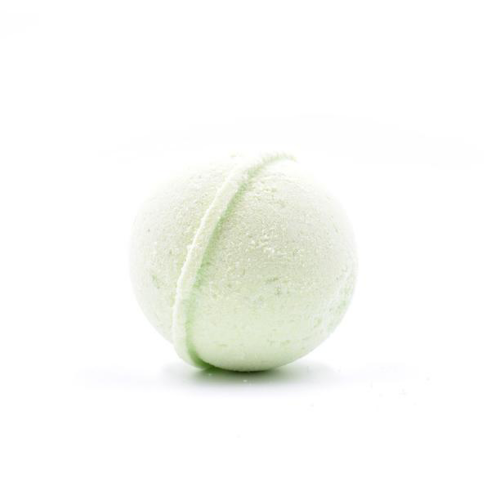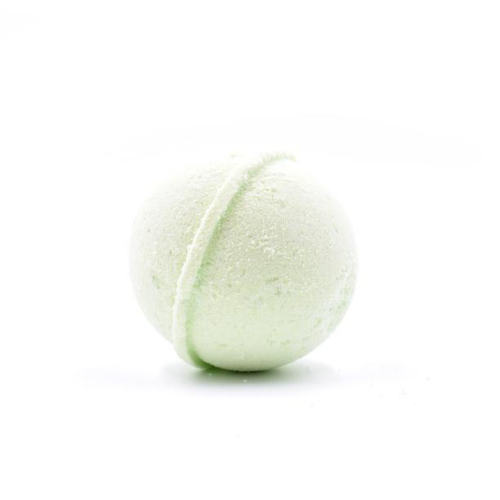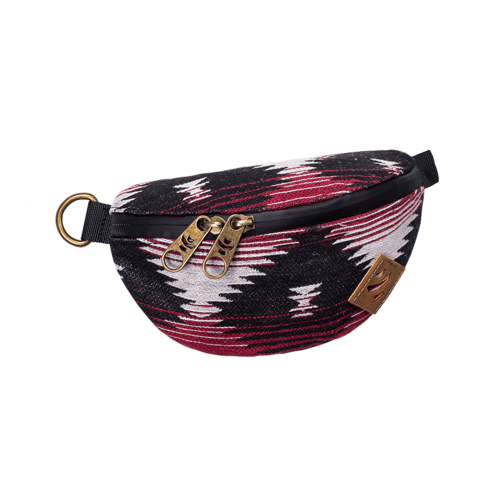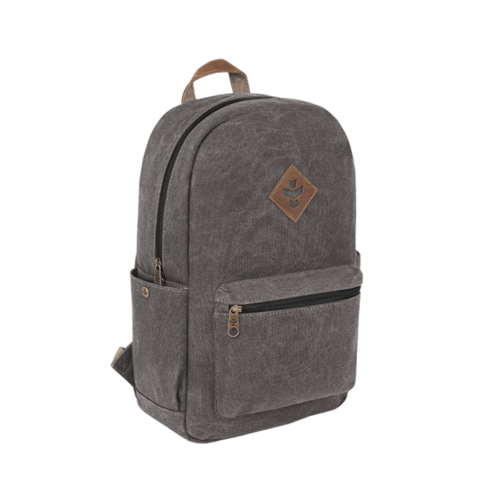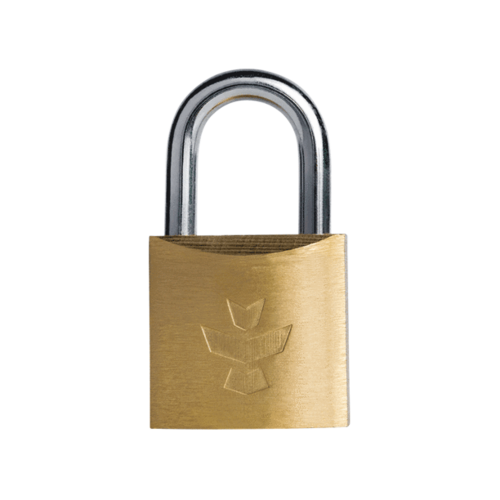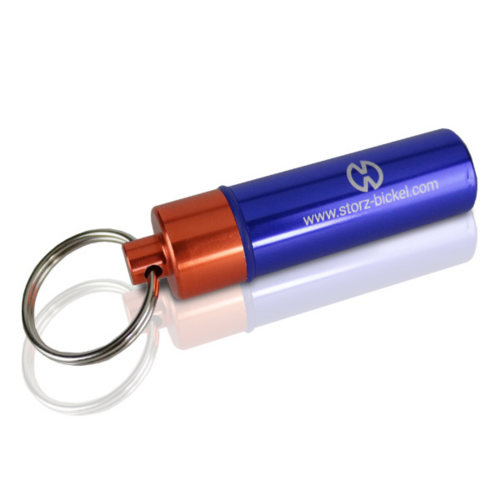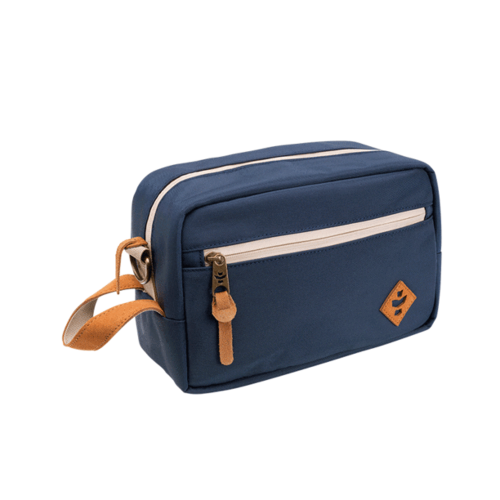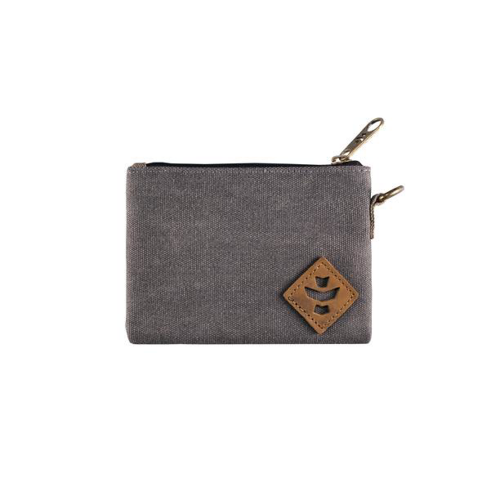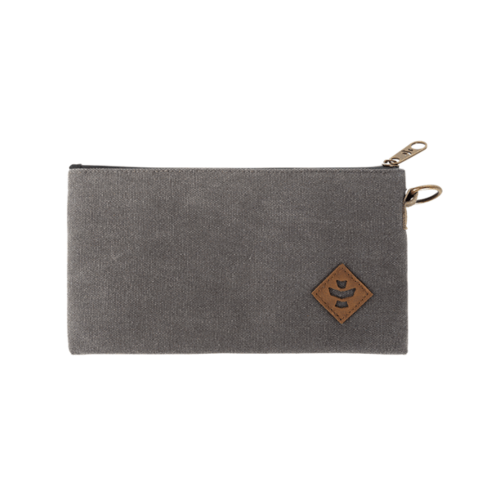Fear of interacting with people that bring on feelings of being judged negatively. Meeting other people makes you feel self-conscious and ultimately, you elect to avoid dealing with others. As a result, you become isolated and alone. You also feel inferior, inadequate and embarrassed.
- Fear of speaking in front of people, whether it be public speaking or simply talking with a person of authority
- More generalized anxiety and complex fears, such as eating in public or using public washrooms, and in these cases individuals may experience anxiety around anyone other than family.
It is difficult to pin down an exact cause of SAD, but it is probably caused by:
- Combination of genetic and environmental factors
- Victim of sexual abuse, bullying or family conflict
- A serotonin imbalance as this chemical in the brain helps regulate mood
- An overactive amygdala (one of the structures in your brain; it controls feelings of anxiety and fear response)
- Avoid common social situations
- Fear and anxiety
- Blushing
- Fast heartbeat
- Trembling
- Sweating
- Upset stomach or nausea
- Trouble catching your breath
- Dizziness or lightheadedness
- Feeling that your mind has gone blank
- Shaking or trembling
- Difficulty speaking
Rate ranges from 3-13%; Canadian rates are between 8% and 13%. About half of all cases have the speaking fear subtype, and half the complex fears subtype. Women are more likely than men to have the disorder. Onset is typically in childhood or early adolescence, a critical time period for developing social skills; rarely does social phobia develop in later adulthood.
- https://www.mayoclinic.org/diseases-conditions/social-anxiety-disorder/symptoms-causes/syc-20353561
- https://socialanxietyinstitute.org/differences-between-social-anxiety-and-panic-disorder
Cannabis Benefits
It is a terrible feeling to believe that the world is against you and it prevents you from living life to the full.
Like any other treatment, it is a combination of medication and therapy techniques:
1. An understanding and awareness of the problem
2. A commitment to carry through with cognitive-behavioral therapy even when it is repetitious and seems difficult
3. Practice, practice, practice to get that information (i.e., cognitive methods, strategies, and concepts) deep down into your brain – so that these cognitive methods become habitual and automatic
4. Consult with a Cannabis doctor to prescribe you the strain capable of helping you fight back against social anxiety and perhaps help you make new friends as well as keeping old ones.
Best Strains
- The ideal would have a significant quantity of CBD and low levels of THC, which has been shown to induce anxiety and panic
- Safe access to marijuana varieties with this combination of concentrations would allow for the beneficial effects without the potential drawbacks

